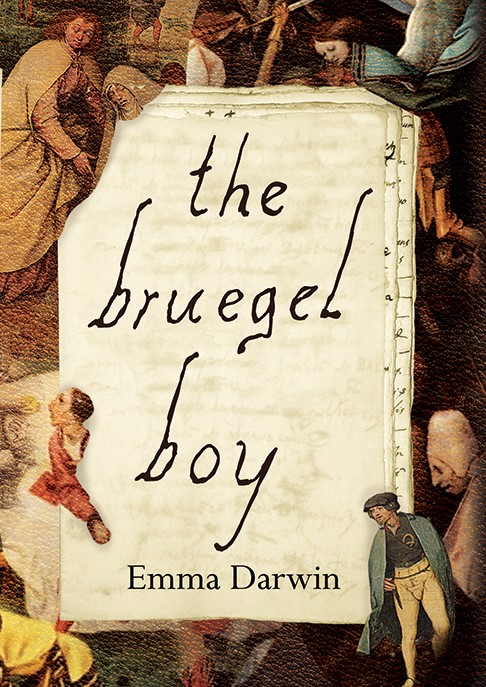Gateway to the Moon
This thrilling, shattering literary novel spans centuries and continents, telling in essence the story of Entrada de la Luna, a small town in northern New Mexico, four hundred years old, in which the natives keep traditions they do not know the source of and the cemetery headstones are written in a language no one reads. In 1992, 14-year-old Miguel Torres takes a job babysitting for Rachel Rothstein’s two young sons. The chapters set in 1992 move fluidly among the viewpoints of Miguel, a budding astronomer; Rachel, overwhelmed by her failures with her sons, her marriage, and her art; and Miguel’s aunt Elena, a dancer in New York coming to terms with what she left behind in Entrada.
Intertwined with the modern time are chapters that trace Entrada’s origins, a story that begins in 1492. As Jews and Muslims are forced to convert or leave Spain, Luis de Torres, a converted Jew, sails with Columbus and stays in the new land, where his descendants, fleeing the horrors of the Inquisition, gradually move northward to the plot of land that Coronado called the Gateway to the Moon. The discoveries and understandings that unfold in the 1992 storyline blend convincingly and harmoniously with the historical chapters, which portray the New World in luscious detail and do not flinch at the cruelty of the explorers to the natives or the tortures of the Inquisition. Morris’s taut, sculpted sentences make a stately music, weaving a beautiful and heartbreaking history that balances the worst of human cruelties, from poverty and violence to betrayal and neglect, with the sweetest human longings for meaning, for connection, and to uncover the mysteries that make us who we are.










